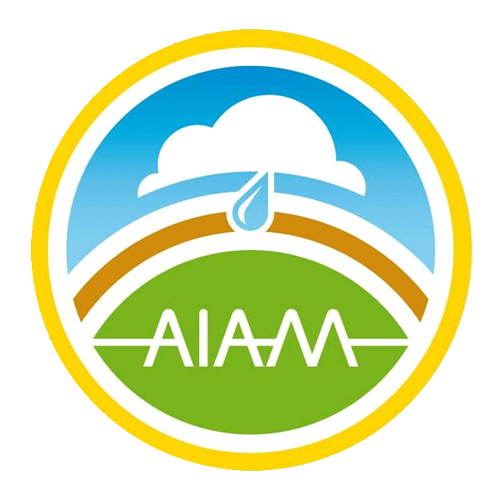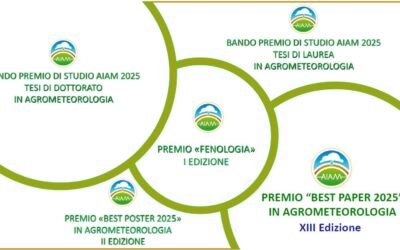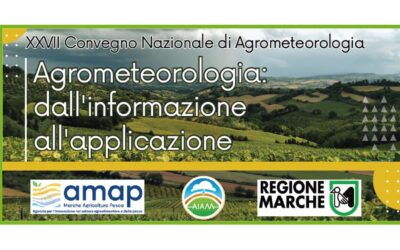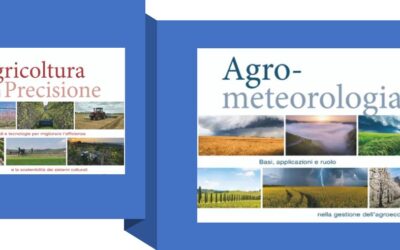The IPCC Focal Point invites Italian experts to submit to participate in the:
Scoping Meeting for the IPCC Special Report on climate change, desertification, land degradation, sustainable land management, food security, and greenhouse gas fluxes in terrestrial ecosystems.
The Panel agreed at its 43rd Session (Nairobi, Kenya, 11-13 April 2016) to prepare a Special Report on Climate Change and Oceans and the Cryosphere.
Deadline for submission: Monday , September 26, 2016 (midnight CEST)
To develop the scope and outline of this Special Report, a Scoping Meeting will be held in the week of 13 February 2017 (venue to be confirmed). The Scoping Meeting would result in a draft Scoping Paper describing the objectives and an annotated outline of the Special Report as well as the process and timeline for its preparation. The Panel at its 45th Session to be held in April 2017 will review the draft Scoping Paper and will decide on further IPCC work on this Special Report.
In order to submit their nominations, the candidate experts are kindly asked to send a message to:
including the following attached files:
1 – a summary CV (maximum 4 pages) in English
2 – the attached file ” nomination_sr.xlsx “, filled in with the required information.
Please note that the work of the Scoping Meeting will be conducted only in English.
An invitation letter to the Scoping Meeting will be sent to the selected nominees in December 2016.
Participants in the Scoping Meeting should collectively cover the following topics, areas of expertise, climate change perspectives and regional perspectives.
Topics covered by the Report
– Desertification
– Other aspects of land degradation
– Sustainable land management
– Food security
– Greenhouse gas fluxes in terrestrial ecosystems
Areas of expertise as applied to the topics covered by the Report
– Agricultural systems
– Agroclimatology and agrometeorology
– Biomass for energy generation and fuels
– Carbon cycle and other biogeochemical cycles
– Climate observations and projections
– Demand-side management
– Detection and attribution
– Eremology
– Food systems
– Land economy
– Land-atmosphere interactions and biogeophysics
– Monitoring and reporting of information relating to AFOLU inventories
– Nutrition and nutrition-related health, food quality and access
– Plant and animal physiology
– Rangeland management
– Rural development and livelihoods
– Soil science
– Sustainable consumption
– Urban and forestry aspects of sustainable land management
– Water and biodiversity in relation to land-uses within the scope of the report
Climate change perspectives
– Contribution to climate change drivers
– Climate change impacts
– Climate change adaptation options
– Climate change mitigation options
– Adaptation and mitigation interactions
Regional expertise
WMO Region I: Africa
WMO Region II: Asia
WMO Region III: South America
WMO Region IV: North America, Central America and the Caribbean
WMO Region V: South-West Pacific
WMO Region VI: Europe
Nominations should include as many topics, climate change perspectives and regional perspectives as are relevant. However, the number of areas of expertise for each nominee is restricted to five and we ask that these are ranked (1 = area of greatest expertise, 5 = least). This will help with the selection process. Areas of expertise should be identified only if a nominee’s expertise applies specifically to the topics covered by the Special Report. General expertise or expertise in an area outside the scope of the report should not be included.
While the final outline for the Special Report may not include all areas listed above, broad expertise is solicited in order to determine robust areas for consideration. In selecting scoping meeting participants, consideration will be given to the following criteria: scientific, technical and socio- economic expertise, including the range of views; geographical representation; a mixture of experts with and without previous experience in IPCC; gender balance; experts with a background from relevant stakeholder and user groups, including governments. The number of nominations is likely to exceed the number of places available. While every effort will be made to maintain balance, we cannot guarantee to offer a place to every nominee.



